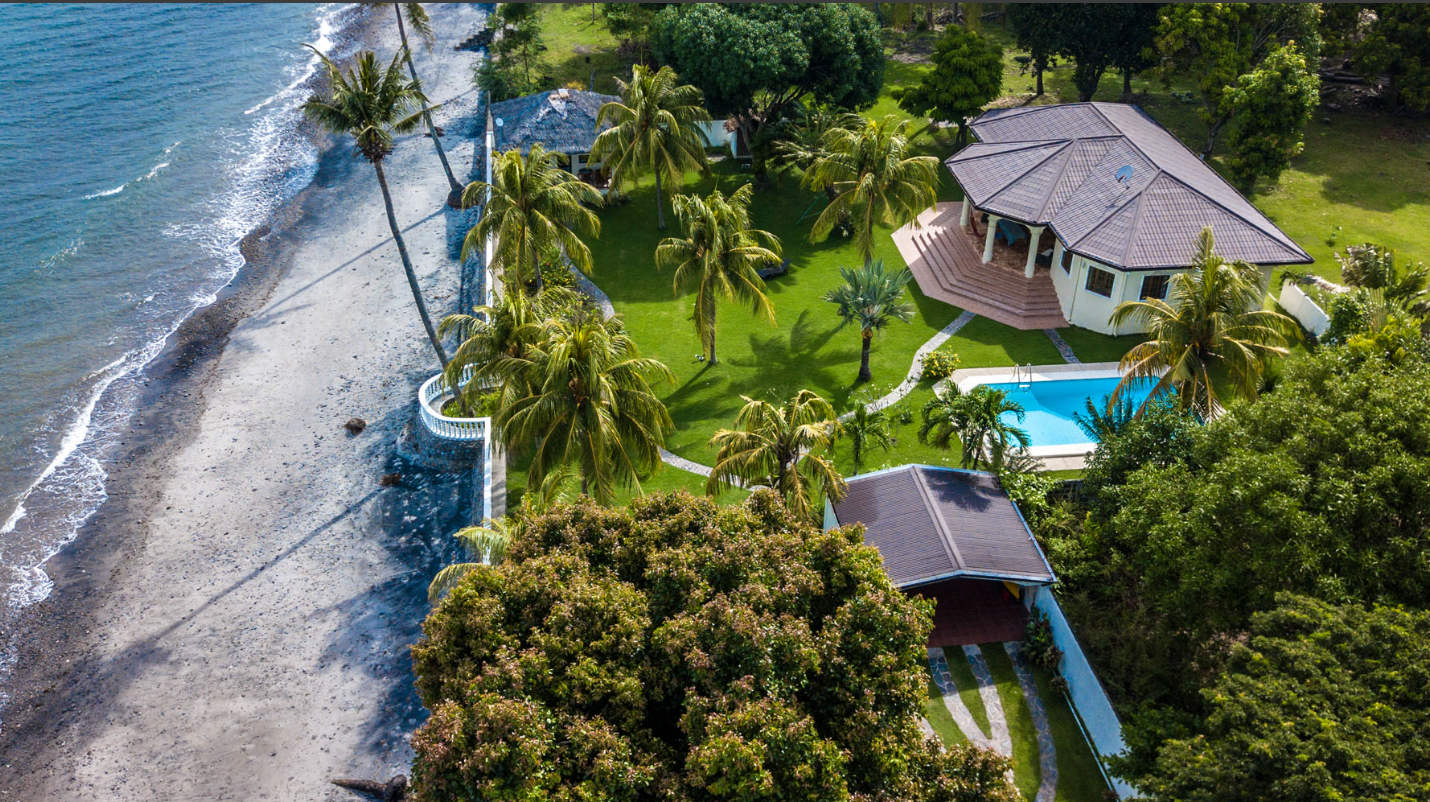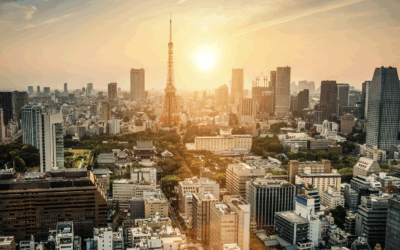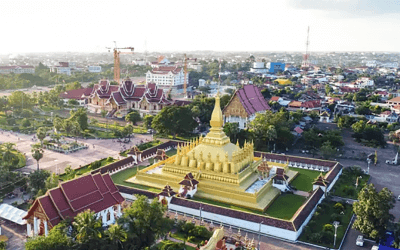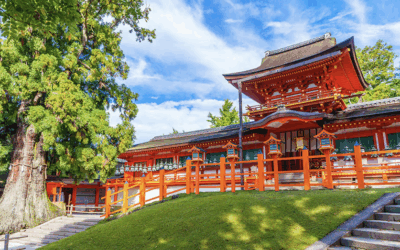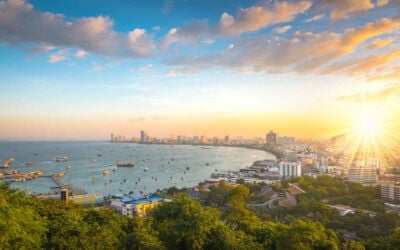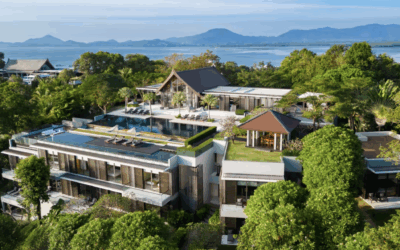The Philippines has become an increasingly popular destination for foreign real estate buyers, thanks to its tropical climate, stunning beaches, and affordable cost of housing.
However, navigating the Philippine property market is rather tricky for foreigners who are unfamiliar with the pricing structure and terminology.
Our guide covers housing costs in three of the Philippines’ top places to buy real estate. Specifically, we’ll take a look at Manila, Cebu, and Boracay.
We’ll also give the average price for the nation as a whole. The Philippines is a very large country with a population above 110 million, so there’s a great deal of variance. Our goal is to simplify the numbers though.
Additionally, we’ll cover a few other relevant topics including the cost of building a house, property taxes, and the purchasing process.
Average Home Prices in the Philippines
According to data from Philippine real estate sites, the average price per square meter for a house in the Philippines is around ₱75,000 ($1,300).
However, prices can vary significantly depending on the location, property type, size, and amenities. Some key points are:
- Small to medium sized houses (80 to 150 sqm) usually range from ₱3.5 million (about $63,000) to ₱5 million ($90,000).
- Larger family homes (200 to 400 sqm) average between ₱10 million ($180,000) to ₱20 million ($360,000).
- Luxury mansions and custom estates can cost over ₱100 million ($1.8 million) or even way above.
- Condo units range from studios priced at ₱2 million ($36,000) to penthouses worth over ₱30 million ($540,000).
By far, the per sqm rates are highest in Metro Manila and other large cities such as Cebu.
You’ll find real estate located in the Philippines’ smaller towns and villages for an even cheaper price per square meter.
The big tradeoff is that you’ll inevitably deal with a lack of variety if living anywhere else in the Philippines besides Manila. You won’t find many good sushi bars or malls in Boracay.
Furthermore, you’ll need to tolerate a lack of infrastructure, slower internet, and a small airport that forces you to fly through Manila to get anywhere important.
Housing Costs in Manila
As the capital and largest city in the Philippines, Manila commands some of the highest real estate prices in the country.
It’s worth remembering that Manila is a massive city of about 20 million people. We can give the average price for the city as a whole, but it varies considerably based on which neighborhood in Manila you’re buying property in.
For example, an apartment located in the distant suburbs of Manila costs far less than one in Makati or BGC.
That said, acccording to online realtor listings covering thousands of available properties for sale, the average cost of housing in Manila depending is:
- Condos in Manila average ₱5.2 million (around $93,000), or ₱155,000 ($2,800) per sqm.
- Houses in Manila average ₱27 million ($490,000), or ₱115,000 ($2,000) per sqm.
- Townhouses average ₱37 million ($660,000), or ₱110,000 ($2,000) per sqm.
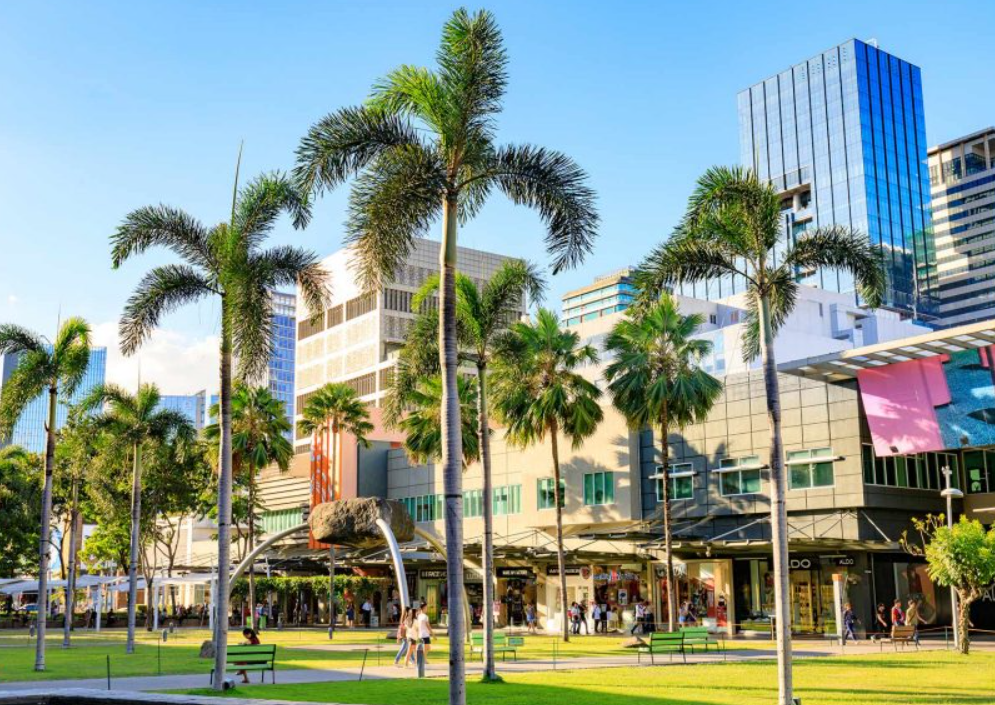
The most expensive neighborhood in Manila is Bonifacio Global City. Built by a consortium of real estate developers, BGC often makes people forget they’re living in a developing nation.
Cost of Housing in Cebu
Surprisingly, the average cost of real estate in Cebu is a bit more expensive than Manila.
That’s attributed to the fact that housing costs in the Philippines’ capital has much “lower lows”. When looking at an average for the whole city, we can’t only consider the wealthy parts of town.
Here’s a breakdown of Cebu’s real estate prices based on the specific type of property:
• Condos in Cebu average ₱6.80 million (about $120,000), or ₱160,000 ($2,900) per sqm.
• Houses average ₱12 million ($210,000), or ₱65,000 ($1,200) per sqm.
• Townhouses average ₱4 million ($70,000), or ₱55,000 ($1,000) per sqm.
Housing Prices in Boracay
In Aklan province, home to the resort island of Boracay, property values are moderately lower compared to large cities.
Like anywhere else, the exact cost will depend on the property’s location, build quality, and several other factors.
Specifically, one of the main variables in Boracay’s real estate market is proximity to the ocean.
Compared to plots of land further away from the coast, beachfront real estate is often double or even triple the price.
With all that said, the average cost of real estate in Boracay is:
• Condos cost ₱5.5 million ($100,000), or ₱100,000 ($1,800) per sqm on average.
• Houses cost ₱6 million ($110,000), or ₱75,000 ($1,300) per sqm on average.
• Townhouses cost ₱3 million ($50,000), or ₱65,000 ($1,200) per sqm on average.
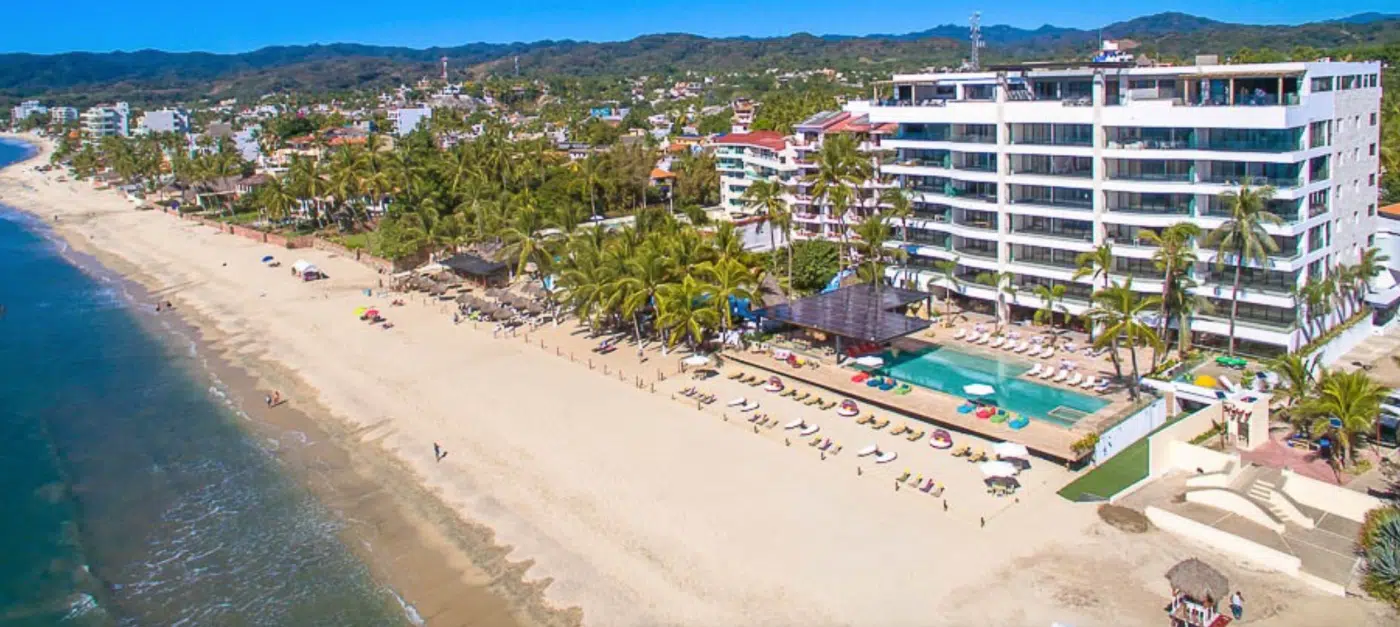
Boracay is the most popular resort area to live in the Philippines, and outside the major cities, is one of the most expensive places to buy real estate.
Taxes, Fees, and Other Costs
When budgeting for a home in the Philippines, there are some additional fees and taxes to keep in mind.
First, you’ll have to pay taxes when buying any type of real estate. A transfer tax of 0.5% paid on the sale price when transferring property title. There’s also a documentary Stamp tax of 1.5% on the sale price.
Most important, there’s an Annual Real Property Tax of 1% (provinces) or 2% (cities). This is payable every year.
On top of that, you’ll need to pay condo management fees. This is also due on an annual basis, and the exact cost will depend on the nature of your condo building.
• Notary Fees for processing documents.
• Capital Gains Tax on profits if reselling.
• Broker’s commission if using a real estate agent.
It’s important to keep in mind that, unlike some other countries in Asia, there are ongoing financial obligations when buying a house in the Philippines. Taxes and condo fees don’t end after you’ve bought the property itself!
On top of that, you’ll have to account for occasional repairs. Water leakage is particularly common during monsoon season, and is simply part of living in Southeast Asia.
New Housing vs. Resale Property
One option to consider is having a home built from scratch on a purchased lot. Likewise, pre-selling by developers is common for new projects.
While building a custom house means higher upfront costs, buyers can get more features and space for their budget compared to buying existing resale properties.
Working with a decent property developer in the Philippines is key, and finding qualified contractors to handle construction is also crucial.
Let’s face it: finding a reputable builder is difficult in developed nations, let alone in the Philippines. Be sure to carefully review all building standards and quality to avoid issues down the road.
Ideally, any real estate company you choose should have completed dozens of successful projects in the past.
We don’t suggest building a house in the Philippines if you aren’t already living here and familiar with both construction and the local real estate market though. It’s not the sort of thing you’d ever want to manage from the other side of the world.
For most people, it’ll be much easier to buy from either a property developer or through the existing resale market. The cost savings simply aren’t worth the risk.
The Philippines is home to a large variety of developers. With a large company, you can be reasonably assured of the build quality when compared to a random general contractor.
If you’re buying a resale property in the Philippines, here’s a full summary of the process:
• Connect with a real estate broker familiar with your target locations.
• Find a property for sale, make an offer, and negotiate the purchase price.
• Sign a reservation agreement and provide an earnest deposit.
• Hire a lawyer to review documents and represent you.
• Sign a deed of sale once terms are finalized.
• Transfer the title and register at the Registry of Deeds.
The Cost of Philippines Property Varies
To summarize, Philippines house prices vary substantially based on exact location, size, type, and amenities.
If you’re buying in the city, your specific neighborhood and proximity to mass transit are important factors.
Similarly, out on the islands, you’ll pay much larger amounts for property located near the beachfront. Each city has its own unique market dynamics.
Researching the pricing structure, home costs in the Philippines, and differences between new build versus resale will help your real estate transaction go smoothly!
On a final note, navigating the sales process smoothly will require an experienced broker and/or attorney, especially if you’re a foreign buyer who isn’t living here.
FAQs
What's the Most Expensive Place in the Philippine to Buy Real Estate?
Manila is the most expensive city in the Philippines by far. Housing prices in the capital area exceed anywhere else in the country.
If we're looking at specific areas of Manila, two of the most expensive neighborhoods are Makati and Bonifaio Global City.
What's the Average Cost of Housing in the Philippines?
On average, expect to pay about $2,000 per square meter. But keep in mind: that's a very broad figure, and it's difficult to give a short answer to that question.
The actual cost will depend on location, build standards, the city you're buying in, and many other factors. You could easily pay half that number, or double.
How Much Does it Cost to Build a House in the Philippines?
Similar to the cost of buying a finished property, the cost of building a home in the Philippines will depend on a variety of factors.
To give a ballpark figure though, expect to pay about $1,000 per square meter to build an average quality house.

